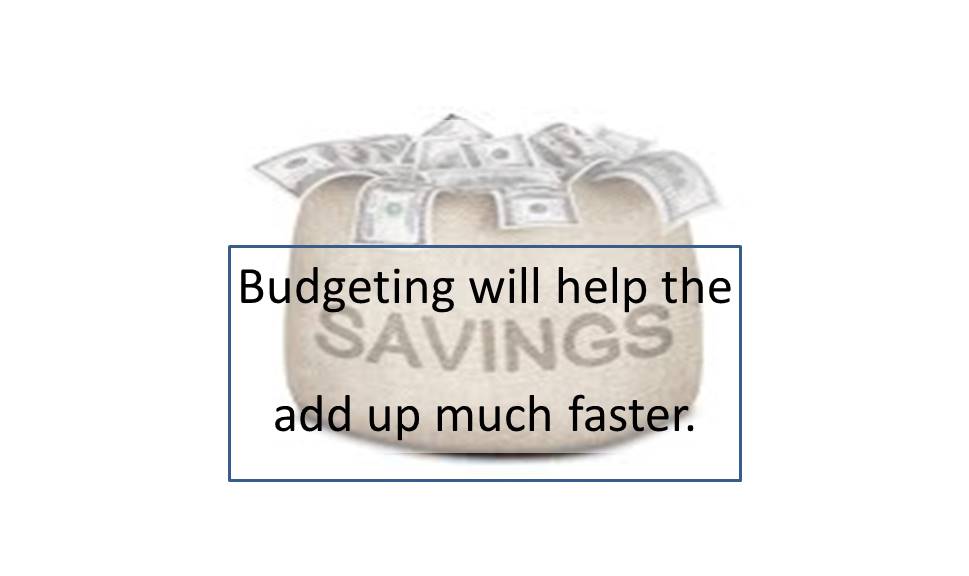Strategies to Stop Impulsive Spending
Are you seeking financial inspiration? If so, you have come to the right place. We have all needed to take charge of our impulsive spending habits at some point.
If you shop at the store or online, it is a common human impulse to see something that looks good to the eye. You pull out your card, charge it and bring it home or have it shipped. Then when you do it again, those charges keep adding up over and over, and then you are in too much debt.
Don’t feel too bad, just start making a plan to stop the impulsive habits. It is time to think about the consequences and make changes to impulsive spending.
The problem with impulsive spending
Impulsive spending can wreak havoc on your financial well-being. It often leads to overspending, accumulating debt, and living beyond your means.
The allure of instant gratification can be hard to resist, especially in a consumer-driven society where we are constantly bombarded with advertisements and the pressure to keep up with the latest trends.
However, impulsive spending is often driven by emotions rather than rational thinking, which can lead to regret and financial stress. It’s important to understand the underlying reasons behind impulsive spending and develop strategies to overcome this habit.
One of the main culprits behind impulsive spending is the lack of self-control. In a world where everything is just a click away, it’s easy to get caught up in the excitement of making a purchase without considering the long-term consequences.
Additionally, impulsive spending can be fueled by external factors such as peer pressure, social media influence, and the fear of missing out.
Understanding these triggers is the first step towards breaking free from impulsive spending habits.
Understanding your spending triggers
To effectively tackle impulsive spending, it’s important to understand the triggers that lead to such behavior. These triggers can vary from person to person, but common ones include stress, boredom, emotional distress, and the desire for instant gratification.
By identifying your personal spending triggers, you can develop strategies to overcome them and make more conscious and intentional spending decisions.
One way to identify your spending triggers is by keeping a spending journal. Take note of your emotions and thought patterns before making a purchase.
Are you feeling stressed, anxious, or bored? Are you seeking a temporary escape from reality? Understanding the underlying emotions behind impulsive spending can help you address the root cause and find healthier alternatives to satisfy your needs.
Another effective strategy is to create a cooling-off period before making any non-essential purchases. This can be as simple as waiting 24 hours or even a week before buying something that catches your eye.
During this time, ask yourself if the purchase is truly necessary and aligns with your long-term goals. Often, the initial excitement fades away, and you may realize that the item was more of a want than a need.
By implementing a cooling-off period, you give yourself the opportunity to make more rational and deliberate spending choices.
Implementing the 30-day rule
The 30-day rule is a simple yet effective strategy to overcome impulsive spending. The rule states that before making any non-essential purchase, you should wait for at least 30 days. This waiting period allows you to evaluate whether the purchase is truly necessary and aligns with your financial goals.
During the 30-day period, take the time to research the item, compare prices, and read reviews. This will help you make an informed decision and avoid buyer’s remorse.
Often, after the waiting period, you may realize that you no longer desire or need the item. This can save you a significant amount of money in the long run.
Implementing the 30-day rule requires discipline and self-control. It may be challenging at first, especially if you are used to instant gratification.
However, with practice, you will develop the habit of delaying gratification and making more intentional and thoughtful spending choices.
Finding alternative ways to satisfy your desires
Impulsive spending is often driven by the desire for instant gratification. Instead of succumbing to impulsive purchases, it’s important to find alternative ways to satisfy your desires. This can involve exploring free or low-cost activities, hobbies, or experiences that bring you joy and fulfillment.
For example, instead of indulging in retail therapy, consider going for a walk in nature, reading a book, practicing yoga, or spending quality time with loved ones.
Engaging in activities that nourish your mind, body, and soul can provide a sense of fulfillment and satisfaction that lasts longer than any material possession.
Additionally, consider borrowing or renting items instead of buying them outright. This can be particularly useful for items that you only need temporarily or infrequently.
By borrowing or renting, you can satisfy your immediate desires without a long-term financial commitment.
Avoiding impulsive purchases online
In today’s digital age, online shopping has become a convenient and accessible way to make purchases. However, it also makes it easier to succumb to impulsive spending. With just a few clicks, you can have a package delivered to your doorstep within days.
To avoid impulsive purchases online, it’s important to establish boundaries and practice self-discipline. Start by unsubscribing from marketing emails and unfollowing social media accounts that tempt you with constant advertisements.
This will reduce the exposure to triggers that may lead to impulsive spending.
Another effective strategy is to create a separate email address specifically for online shopping. This way, you can allocate a specific time to check this email and browse online stores.
By setting boundaries and limiting the time you spend online shopping, you reduce the chances of making impulsive purchases.
It’s also helpful to remove stored payment information from online platforms. This adds an extra step to the checkout process, giving you time to reconsider your decision and evaluate whether the purchase is in line with your financial goals.
Seeking support and accountability
Breaking free from impulsive spending habits can be challenging, but you don’t have to do it alone. Seeking support and accountability can significantly increase your chances of success.
Share your financial goals and challenges with a trusted friend, family member, or mentor. They can provide guidance, and encouragement, and hold you accountable for your spending decisions.
Consider joining a support group or online community focused on personal finance and saving.
EndNote:
Surrounding yourself with like-minded individuals who share similar goals can provide motivation and inspiration. You can exchange tips, share success stories, and learn from each other’s experiences.
If you find it difficult to stay on track, consider working with a financial advisor or a money coach. They can provide personalized guidance and help you develop a customized plan to achieve your financial goals.
They can also help you navigate through challenging financial situations and provide strategies to overcome impulsive spending.
You’ve got this. 🙂
Common Financial Mistakes People Regret
Mastering the Art of Saving Money



